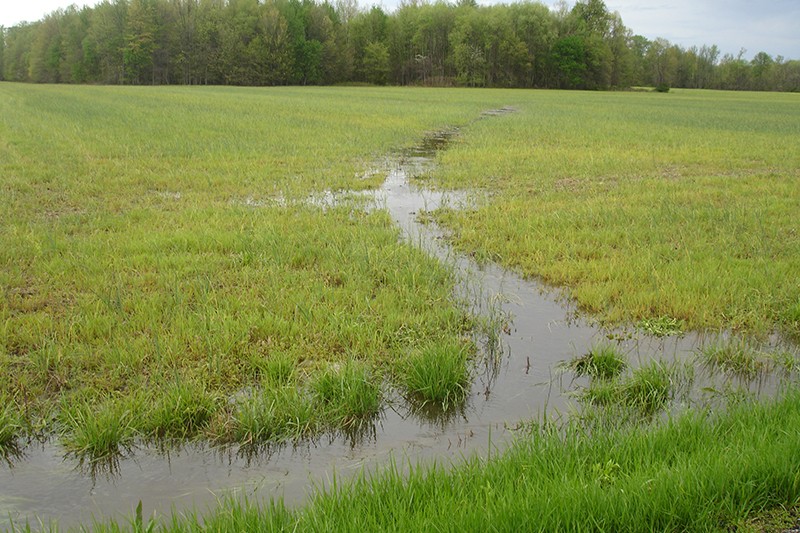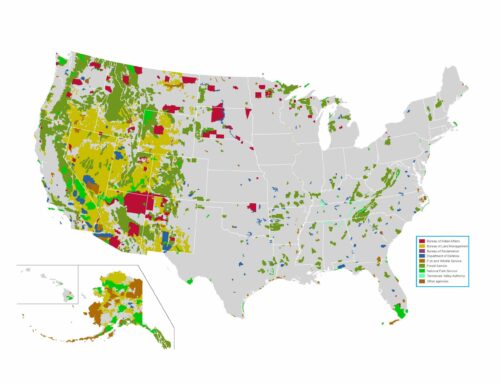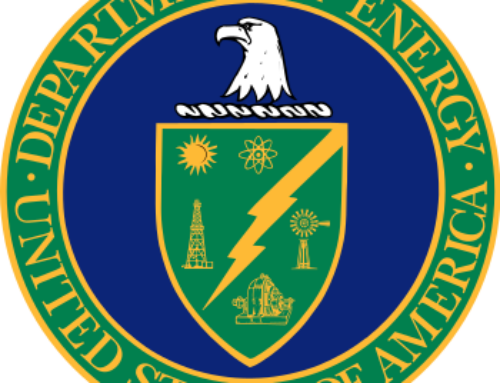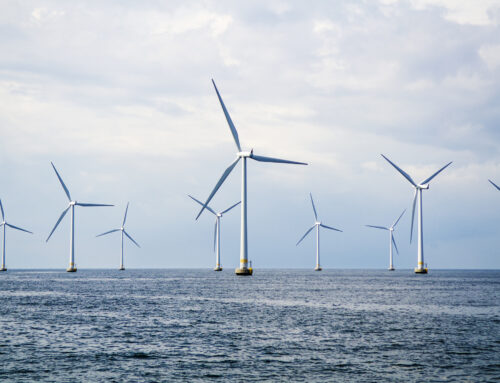by Greg Walcher, E&E Legal Senior Policy Fellow
As appearing in the Daily Sentinel
There are at least 25 different types of wrenches commonly found in toolboxes. There are box-end, open-end, combination and crescent wrenches. For particular jobs, one might reach for a lug wrench, basin wrench, oil filter wrench, or an impact, flare-nut, strap, chain or torque wrench. Like most people, I also have socket wrenches, Allen wrenches and pipe wrenches.
My dad taught us that every job is easier with the right tools, but he also knew there were several ways to accomplish any task. If one wrench won’t work, you try a different wrench. That is exactly what environmental industry lawyers and their government allies are doing in the wake of the Supreme Court’s ruling in Sackett v. EPA.
That is the case in which the court finally declared once and for all that “Waters of the United States” (WOTUS) does not include every creek, pond, ditch, puddle and parking lot drain in the country. The EPA spent almost a decade trying to use WOTUS as the regulatory tool for a vast expansion of federal jurisdiction, to include virtually all activity that touches any water, even though the Clean Water Act, from which the WOTUS definition originates, explicitly applies to America’s major rivers, bays and oceans — “navigable waters.”
WOTUS became one of the most litigated issues in environmental history, with lawsuits over several EPA attempts filed by more than half of all the states, with federal courts generally reining in the EPA several times. Congress also overruled the agency at one point, signaling to both the EPA and the courts that it never intended such broad authority. Congress has had 50 years to redefine “navigable waters,” if it wanted to expand EPA authority, but it has never done so.
”






